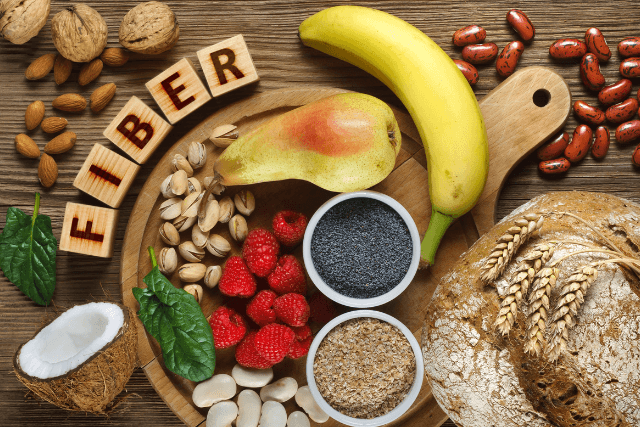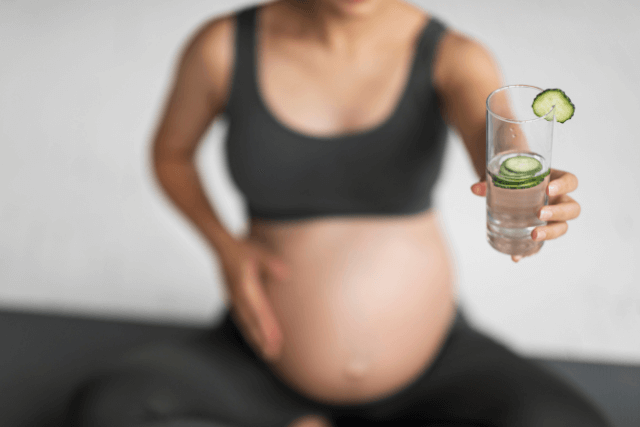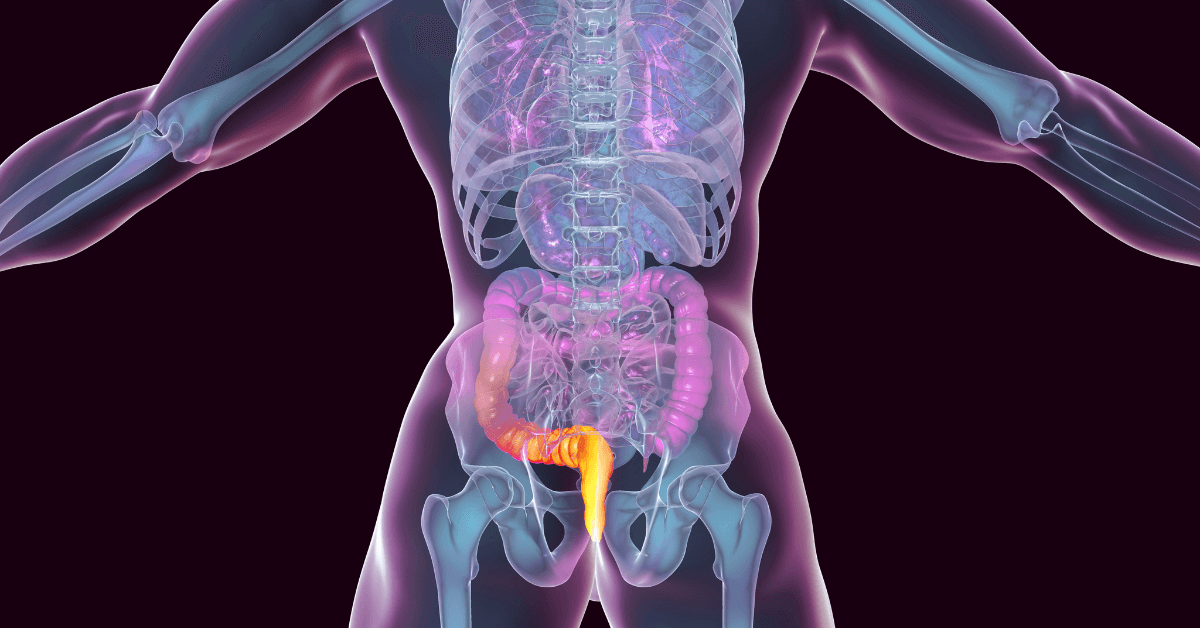Hemorrhoids are a common condition that can cause discomfort, pain, and swelling around the anus. They are often the result of excessive pressure on the veins in the rectal area, and while many factors can contribute to their development, one of the most effective ways to prevent them is through proper hydration.
In this blog, we’ll explore the connection between hydration in preventing hemorrhoids, how dehydration contributes to the condition, and practical ways to ensure you’re getting enough fluids to maintain a healthy digestive system. By the end of this article, you’ll understand how staying hydrated can significantly reduce your risk of developing hemorrhoids and improve your overall health.
1. Understanding Hemorrhoids and Their Causes
Before diving into the role hydration plays, it’s essential to understand what hemorrhoids are and what causes them. Hemorrhoids are swollen veins in the anus or lower rectum, similar to varicose veins. They can be internal (inside the rectum) or external (under the skin around the anus). Common symptoms of hemorrhoids include itching, pain, bleeding, and swelling.
There are several factors that contribute to the development of hemorrhoids, including:
- Constipation: Straining during bowel movements is one of the primary causes
- Pregnancy: The increased pressure on the pelvic veins during pregnancy can lead to hemorrhoids
- Obesity: Excess weight can put pressure on the rectal area
- Sitting for long periods: Spending extended periods sitting, especially on the toilet, can increase pressure on the veins.
One of the most overlooked yet effective ways to prevent hemorrhoids is through maintaining proper hydration. Dehydration can contribute to constipation, which, as we’ll explore, is a major risk factor for hemorrhoids.
2. How Hydration Prevents Hemorrhoids
Hydration in preventing hemorrhoids works through several key mechanisms. When your body is adequately hydrated, your digestive system functions better, reducing the chances of constipation and the strain that can lead to hemorrhoids. Here’s how hydration helps:
2.1 Softens Stool and Eases Bowel Movements
One of the most direct ways hydration helps prevent hemorrhoids is by keeping your stool soft and easy to pass. When you don’t drink enough water, your body starts to absorb water from your intestines, making the stool harder and more difficult to pass. This can lead to constipation, which causes straining during bowel movements—one of the primary causes of hemorrhoids.
By drinking enough water throughout the day, your body can maintain the necessary fluid balance in the colon, ensuring that your stool remains soft and manageable. This reduces the need to strain during bowel movements, minimizing the risk of developing hemorrhoids.
2.2 Promotes Healthy Digestion
Hydration plays a crucial role in maintaining a healthy digestive system. Water is essential for the production of digestive juices and enzymes that help break down food. When you’re hydrated, your digestive system works more efficiently, reducing the chances of constipation and other digestive issues that can lead to hemorrhoids.
Furthermore, water helps to keep the intestines lubricated, which can prevent the development of painful and problematic hemorrhoids caused by hard, dry stools.

3. The Role of Fiber in Hydration and Hemorrhoid Prevention
While hydration is essential for preventing hemorrhoids, it works most effectively when combined with a fiber-rich diet. Fiber helps to bulk up your stool and promote regular bowel movements. However, fiber needs water to do its job properly.
Without enough water, fiber can become ineffective and lead to bloating or discomfort. On the other hand, consuming adequate amounts of water with fiber helps to form a smooth, soft stool that’s easier to pass.
3.1 Fiber-Rich Foods That Support Hydration
Some fiber-rich foods to include in your diet to complement your hydration efforts include:
- Fruits like apples, pears, and berries
- Vegetables such as spinach, carrots, and broccoli
- Whole grains like oats, quinoa, and brown rice
- Legumes like lentils, beans, and peas
These foods are not only high in fiber but also contain water, further supporting hydration and digestive health.
4. How Much Water Should You Drink to Prevent Hemorrhoids?
While individual hydration needs can vary based on age, activity level, and climate, a general guideline is to drink at least 8 glasses (64 ounces) of water per day. However, if you’re particularly active, pregnant, or dealing with hot weather, you may need to increase your fluid intake.
It’s also important to remember that beverages like herbal teas, milk, and water-rich foods (such as cucumbers and watermelon) can contribute to your hydration needs. However, be mindful of drinks that can dehydrate you, such as alcohol and caffeine, and try to limit their consumption if you’re concerned about hemorrhoid prevention.
4.1 Signs You’re Not Drinking Enough Water
Dehydration can be subtle, but it’s important to recognize the signs. If you experience any of the following, you might need to increase your water intake:
- Dark yellow urine
- Dry mouth or skin
- Fatigue or dizziness
- Constipation or hard stool
If you’re experiencing any of these symptoms, it’s essential to drink more water to support your digestive health and prevent complications like hemorrhoids.
5. Additional Tips for Preventing Hemorrhoids
While hydration is a key factor, there are several other lifestyle changes and practices you can adopt to reduce your risk of developing hemorrhoids:
5.1 Avoid Straining During Bowel Movements
Straining during bowel movements puts immense pressure on the veins in the rectal area, which can lead to hemorrhoids. Ensure that your stool is soft and easy to pass by staying hydrated and eating enough fiber.
5.2 Maintain a Healthy Weight
Excess weight, particularly in the abdominal area, can put pressure on the rectum and increase the risk of hemorrhoids. Maintaining a healthy weight through diet and exercise can help reduce this pressure.
5.3 Exercise Regularly
Regular physical activity helps stimulate digestion and prevents constipation. Aim for at least 30 minutes of moderate exercise most days of the week to keep your digestive system functioning well.
5.4 Don’t Sit for Long Periods
Sitting for long periods, especially on the toilet, can increase pressure on the rectal veins. Try to limit your time on the toilet and avoid sitting for long periods throughout the day.
5.5 Use Proper Toilet Posture
Make sure you’re using proper toilet posture to avoid putting unnecessary pressure on your rectum. Elevating your feet with a stool while sitting on the toilet can help you adopt a more natural squatting position and ease bowel movements.
6. Hydration and Other Medical Conditions
Certain medical conditions, such as irritable bowel syndrome (IBS), Crohn’s disease, or pregnancy, can increase your risk of developing hemorrhoids. If you have any of these conditions, it’s especially important to maintain proper hydration and follow other preventive measures to keep your digestive system functioning properly.

6.1 Hydration During Pregnancy
Pregnancy increases the likelihood of developing hemorrhoids due to the pressure on the pelvic veins. Staying hydrated can help alleviate constipation and prevent excessive straining during bowel movements, which can reduce the risk of hemorrhoids. If you’re pregnant, consult your healthcare provider for personalized hydration recommendations.
Conclusion: The Connection Between Hydration and Hemorrhoid Prevention
In conclusion, hydration in preventing hemorrhoids is a simple yet effective way to protect your health. By drinking enough water, you can keep your stool soft, improve digestion, and reduce the risk of constipation and straining, which are major contributors to hemorrhoid development. When combined with a fiber-rich diet, regular exercise, and healthy lifestyle practices, proper hydration becomes a powerful tool in keeping hemorrhoids at bay.
Remember, while hydration alone might not be a cure-all, it plays a critical role in maintaining a healthy digestive system and preventing painful hemorrhoids. Make it a priority to drink enough water each day and incorporate healthy habits into your routine to support your overall health and well-being.
If you’re experiencing symptoms or need personalized advice, don’t hesitate to schedule an appointment with us. We’re here to help you take the necessary steps toward a healthier, more comfortable life.



